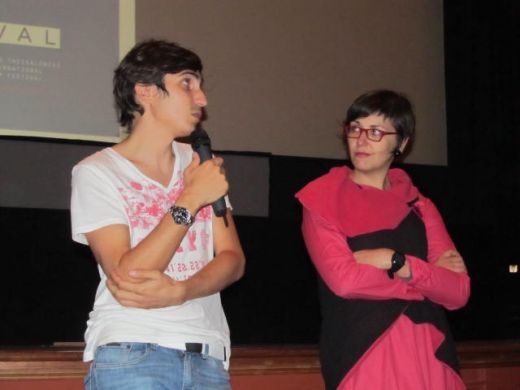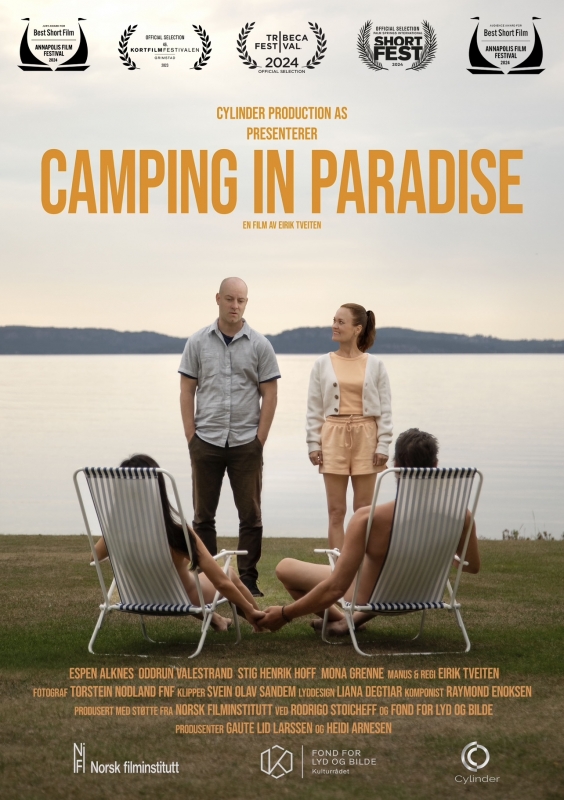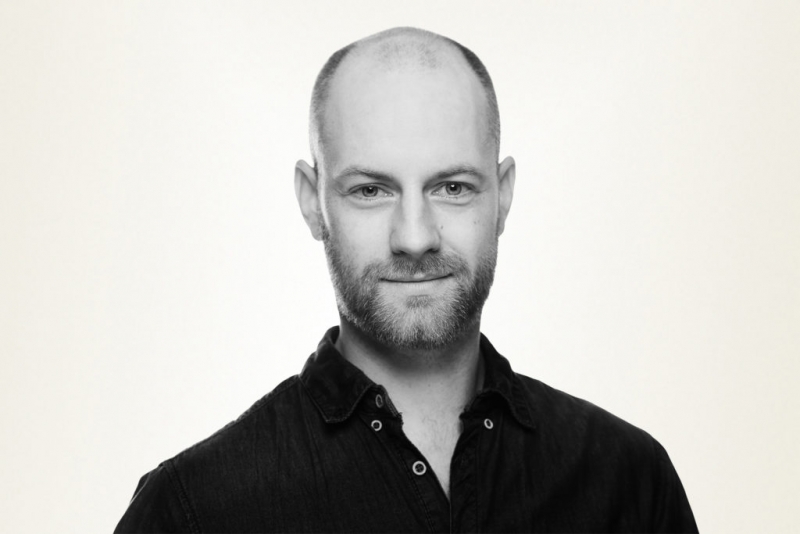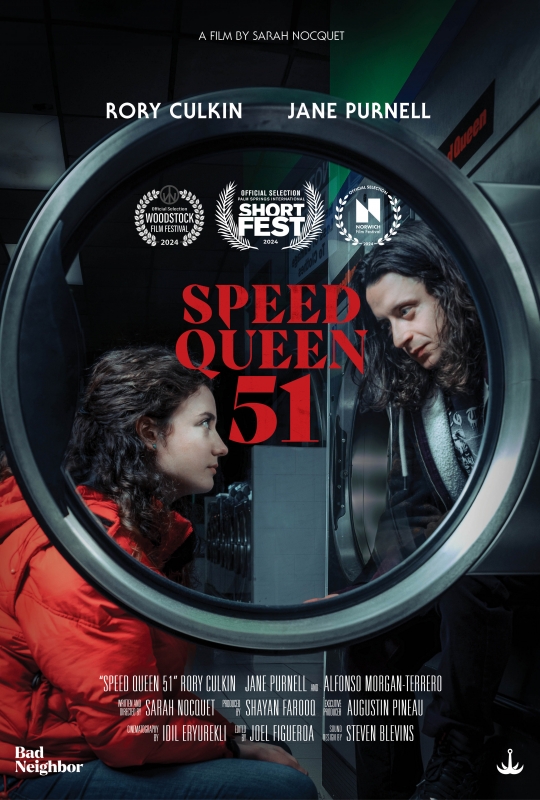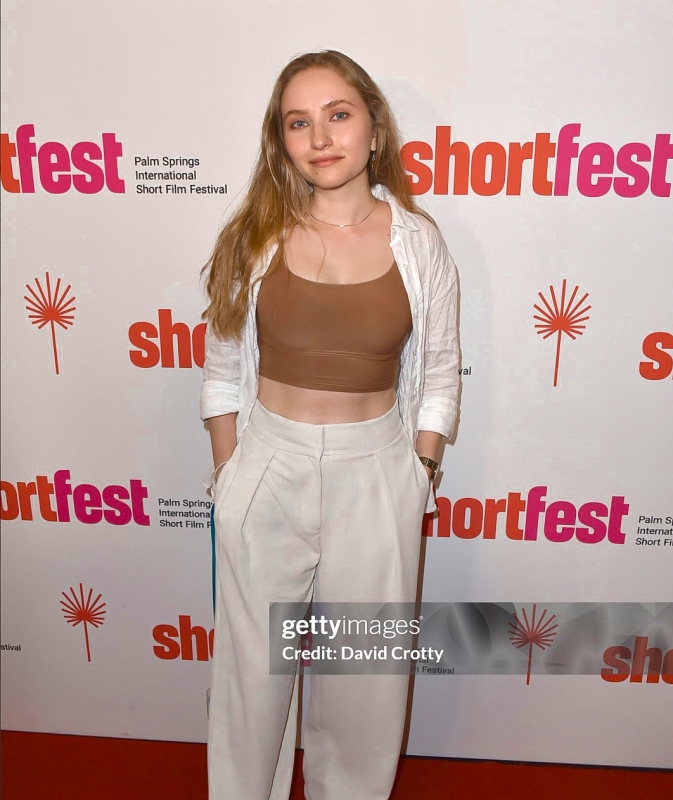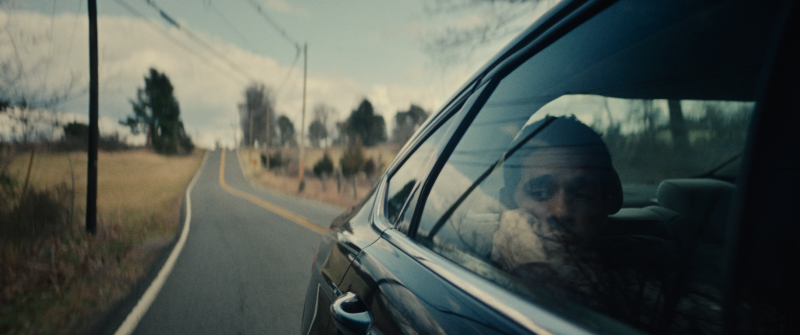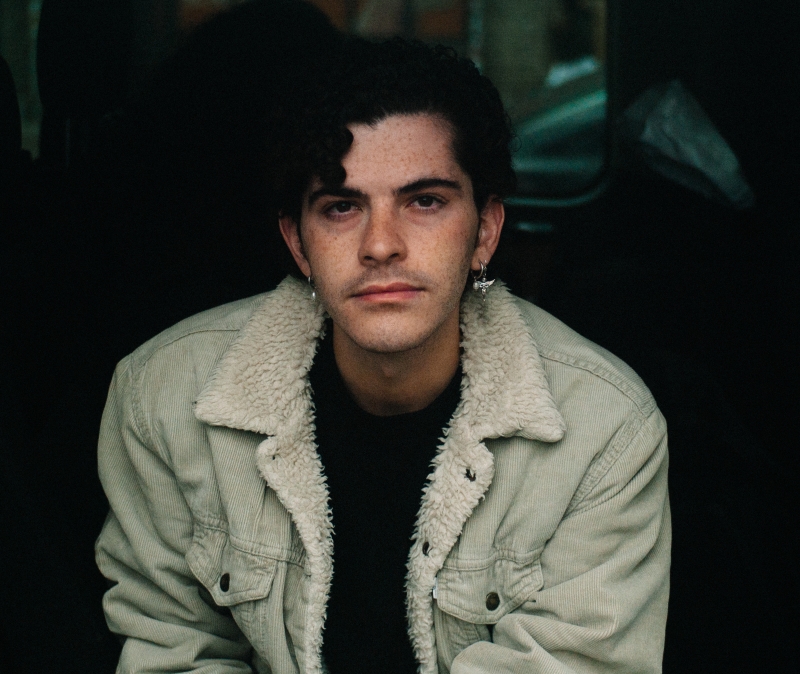|
|
||
|
Pro Tools
FILMFESTIVALS | 24/7 world wide coverageWelcome ! Enjoy the best of both worlds: Film & Festival News, exploring the best of the film festivals community. Launched in 1995, relentlessly connecting films to festivals, documenting and promoting festivals worldwide. Working on an upgrade soon. For collaboration, editorial contributions, or publicity, please send us an email here. User login |
Interview with Paul Negoescu on 'A Month in Thailand' (2012)
'A Month in Thailand' (2012) by writer/director Paul Negoescu ‘A Month In Thailand’ (2012) by writer/director Paul Negoescu screened in competition recently at the 53rd Thessaloniki International Film Festival. The film depicts a grey Bucharest, Romania in the course of one night in the life of 'Radu' (played by actor Andrei Mateiu), a lost twenty-something who leaves his current girlfriend to go in search of his past one. In a world full of too many choices and endless possibilities, Radu obsesses over Nadia, the one girl he hopes will complete him. But will Nadia complete him? Or will a month in Thailand solve everything? What does he really want? Radu's problem is a generation saturated with too many choices thus stymied by apprehension and clouded indecision. -Vanessa McMahon
Interview with Paul Negoescu. ME: I really liked the film and what you are saying about indecision today. Basically your character is searching for something. PAUL: He is searching for something but he doesn’t know what. If he knew he was searching for himself he would see it different. ME: I like that you have that scene with your main character Radu when he has a hot girl dancing in front of him and yet he is playing with his cell phone, totally detached. You see this everywhere today- too many distractions, too many choices, too much of everything really. PAUL: There are so many choices. I remember when I was a kid and products came and started to appear in the supermarket. There was a new flavor of chewing gum. First there were three, then there were ten. I used to know all kinds, all flavors, all kinds of products. I tasted all the candies but at one point I was overwhelmed with products so I thought ‘ok, I will stop with trying everything and I will go for one or two flavors’. So, now when I go to the supermarket I choose the same kind of gum, the same chocolate, the same kind of everything. It’s completely different than when I was a kid. ME: I like how you have an opposite character to Radu, the girl at the party who is daring, who once dropped everything to move to Spain for her lover. She is Radu’s polar opposite. PAUL: She says textually that probably it was a mistake but at least she tried. If she had never tried it, she would have always asked herself ‘What if?’ ME: You said the film came out different than you had originally intended it. What do you mean by that exactly? PAUL: As a whole it’s decent. It was my first feature film and it was made with some money from the state so I had this pressure on me being that it was made with state money. There will be another audience who will pay to see this film as opposed to my short films which people went to see in the festivals. So, even if usually I don’t like to be attentive to the audience, I don’t like to make things obvious, this time I was always trying to make sure the film was conventional enough in a way that people will understand what it’s about. Usually I don’t care about that because it’s against my principles. But now I went against my principles because I wanted people to understand it. When I was editing it I though ‘F@** I shouldn’t have done this.’ I cared too much about the audience from the way I put the camera to the way I made the dialogues. Some things are too conventional for my taste. ME: Did you choose the song, ‘Smoke Gets in Your Eyes’ by The Platters? PAUL: Yeah. ME: That was good. Perfect to show a modern story of indecision with this music of a bygone era where people had less choice and made decisions easier. And that was the only non-diegetic song in your movie and you bookend it very nicely opening with it and ending with it. PAUL: Right but its only two seconds so I made a small lie there. Actually the opening credits are on the panoramic view and the ending the same view the music starts a little bit earlier. ME: Well, I loved your film. The message I felt was profound. PAUL: Thank you.
-Interview by Vanessa McMahon
Q and A with Paul Negoescu after the screening of his film at TIFF.
Q: What does ‘A Month in Thailand’ mean? PAUL: The hero wants to go to Thailand for a month. It’s a goal he has inside of him. He doesn’t know what he wants. He’s a very confused guy. This is why I chose Thailand because it’s the only thing he can hang on that he’s sure of. Q: Thailand is very exotic and very different from Bucharest. PAUL: Well, I’ve never been to Thailand but when I wrote the script I had a girlfriend who asked me to go to Thailand. And yes because it’s an exotic place and completely different that Bucharest. Q: Why did you choose to include every word or sentence that people would use in real life? In a way it’s too realistic. PAUL: I don’t understand what ‘too realistic’ means. Any movie can’t be more real than real life. I don’t like conventional ideas like that dialogue only has to send a message. I like films that talk about real life so I wanted people in my film to talk like they talk on the street how they talk in real life so the audience can identify. Q: Can you speak about the music you used in the film? PAUL: I use diegetic music because that’s the kind of film I wanted to make. A film with a situation of a story that can happen with or without the camera, being that I chose the music to be in contrast with his feelings in each sequence. This is how I used the music but I didn’t want that to be too obvious. I tried to be subtle about it but I don’t know if it resulted that way. Q: While developing the script did you have an idea of making the story be tied to this generation as a whole and youngsters of today? PAUL: Thank you for the question because yes, I started with this film wanting to make a film about my generation. I cant speak about other countries but I know what happens in Romania and for example, my parents got married when they were twenty-two and that was a very common thing to marry very young by then. In these days people get married when they’re thirty or they don’t even get married at all and I think that has to do with a political context because even if I was born during communism, I was growing up when capitalism came to Romania and consumerism. When I was little when we went to the store there were no products- you had one type of milk, one type of bread, and that’s it. When capitalism came, many products started to appear and suddenly we found ourselves with the possibility to choose every product and this developed a mentality in us that we are never sure that we’ve chosen the right product. We go into the supermarket and we see ten types of milk and we don’t know which is the best. And this mentality also transfers to everything in us when we deal with relations and love etc. We are never sure we made the right decision, if he or she is the right partner for us, and I see this as the problem of the main character. He is caught in a vicious cycle. He decides to make a change so he makes a step forward but in the end he finds himself in the same place. His problem is not that he didn’t have the right woman near him; it was that he didn’t know what he was looking for. And he would have made a lot of changes like that and he would still be in the same place. His only chance to escape is in the character of Amelia, the girl who he meets on the roof of the club when they talk about her lover in Spain. But he is blinded by his idea of finding Nadia. So, when he finds he has to go and find Nadia. Q: What about different audiences? The film has gone to different festivals. Were the reactions similar? PAUL: There was a similar reaction, especially from young audiences. But we haven’t shown the film in Romania yet so I don’t know how people will react there. I’m very curious to see the reaction in Romania. But Romanians ask me why I don’t make a film about the beautiful side of Romania. It’s really strange in my opinion because instead of taking attitude or bringing something against the ugly things and the bad things that happen in Romania, they prefer to put the dung under the carpet and smile and wave. Q: Your film was an HBO co-production in Romania? PAUL: Yes, HBO Romania makes every year a competition for scripts. I applied with the script. It was selected for the final. Between fifty scripts they selected three and after this final they invested money into the film. I’m not the producer so I don’t know the amount of money but they co-financed a part of the film after reading the script.
SUMMARY OF FILM: “A young couple, Radu and Adina, are getting ready for the New Year’s Eve festivities. It is obvious that she is very much in love, while he is unsure of their relationship and his commitment to it. Radu breaks up with her during the night’s celebrations and goes from party to party looking for his ex-girlfriend, Nadia. He is convinced she was the only one who made him happy. Both the film’s narrative and its emotional exposition are honest and straightforward; but most fascinating is its social milieu, rarely explored in Romanian films. Radu belongs to a young generation coming from a comfortable middle class: his friends use American pop culture references, talk about astrology and other light fare, and go clubbing in nightclubs that could be anywhere in Europe. These people are not entirely without charisma, but they also seem relatively disaffected. Radu himself is not just unsure about women; he is unsure about his desires and life in general.” – Anonymous.
Paul Negoescu (writer, director) Filmography 2004 Alina (short) 2005 Circul Foamei (short doc) 2006 Examen/Exam (short) 2007 Acasa/Home (short) 2008 Târziu/Late (short) 2009 Renovare/Renovation (short) 2009 Fabulosul destin al lui Toma Cuzin/ The Fabulous Destiny of Toma Cuzin (short) 2011 Derby (short) 2012 Horizon (short) 2012 O luna in Thailanda/A Month in Thailand Biography A scriptwriter and director, he was born in 1984 and graduated from the Caragiale Academy of Theatrical Arts and Cinematography in Bucharest. His short film Horizon was presented at the 2012 Cannes IFF Critics’ Week; Derby screened at the Berlinale Shorts and was then nominated for a European Oscar in 2011; Renovation received the same nomination in 2009. He is also a producer and the artistic director of the Timishort Film Festival.
53rd TIFF
22.11.2012 | Vanessa McMahon's blog Cat. : Andrei Mateiu Apostrophe Bucharest Cannes Derby English spelling Entertainment Entertainment Europe HBO Romania Human Interest Human Interest Interview with Paul Negoescu on 'A Month in Thailand' (2012) Linguistics Nadia Orthography Oscar Paul Negoescu Punctuation Radu Romania Social Issues Social Issues Spain Technology Technology Thailand The 2012 Cannes The 53rd Thessaloniki International Film Festival the Timishort Film Festival Toma Cuzin Vanessa McMahon Interviews
|
LinksThe Bulletin Board > The Bulletin Board Blog Following News Interview with IFTA Chairman (AFM)
Interview with Cannes Marche du Film Director
Filmfestivals.com dailies live coverage from > Live from India
Useful links for the indies: > Big files transfer
+ SUBSCRIBE to the weekly Newsletter Deals+ Special offers and discounts from filmfestivals.com Selected fun offers
> Bonus Casino
User imagesAbout Vanessa McMahonThe EditorUser contributions |



















